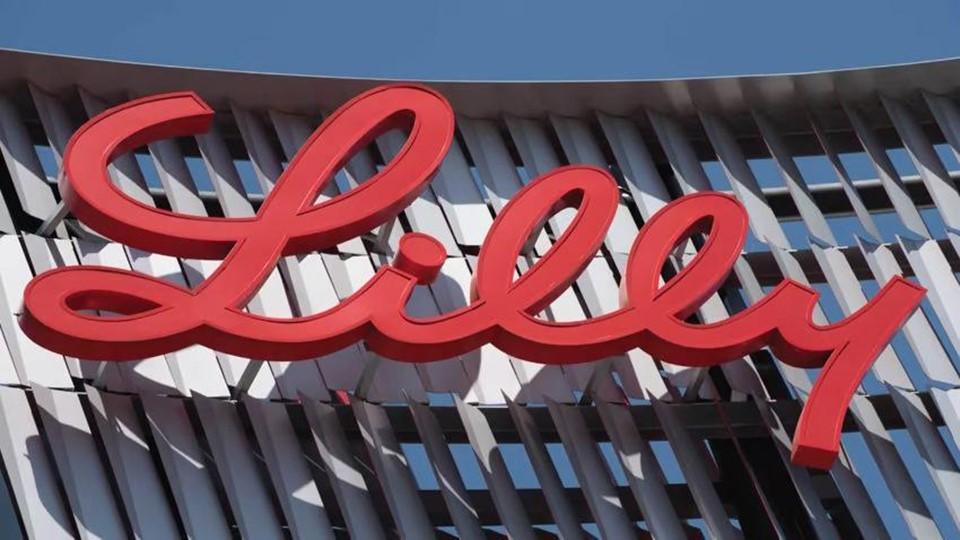Lilly to file mirikizumab in Crohn’s after FDA colitis snub

Eli Lilly has said it plans to file its anti-IL-23p19 antibody mirikizumab for approval as a treatment for Crohn’s disease next year after it hit all its targets in a phase 3 trial.
The VIVID-1 study in adults with moderately to severely active Crohn’s showed that mirikizumab achieved the primary and secondary endpoints in the study with a lower rate of serious adverse events than placebo.
The positive result is a welcome boost for Lilly’s programme, coming after the FDA rejected approval of mirikizumab for ulcerative colitis (UC) earlier this year, although it is indicated for that indication in other markets, including Germany, the UK, Japan, and Canada.
In VIVID-1, 45.4% of mirikizumab-treated patients showed a response to treatment at 12 weeks and clinical remission defined as a score below 150 on the Crohn’s Disease Activity Index (CDAI) scale after 52 weeks, compared to 19.6% of the placebo group.
The proportion of patients with a clinical response at 12 weeks and an endoscopic response at 52 weeks was also significantly higher with mirikizumab, at 38.0% versus 9.0% in the control group.
Lilly’s antibody also hit its secondary endpoints, including non-inferiority to Johnson & Johnson’s big-selling IL-12 and IL-23 inhibitor Stelara (ustekinumab) on clinical remission after a year, with a rate that was “numerically higher” than the established Crohn’s drug.
Lilly has its hopes pinned on approval of mirikizumab in inflammatory bowel diseases, after it decided to abandon development of the drug in psoriasis, saying the market had become too crowded, curbing potential sales of the would-be blockbuster.
The FDA turned down the drug in UC in April in a complete response letter that cited issues the regulator has with the manufacturing processes for the drug, rather than any problems with the clinical data, safety, and proposed labelling.
Analysts have suggested it could become a $2 billion-a-year product, despite an increasingly crowded IBD market, particularly in UC, with a slew of new therapies coming through the industry pipeline.
That includes J&J’s anti-IL-23p19 antibody Tremfya (guselkumab) – in late-stage development for UC and Crohn’s – and AbbVie’s IL-23 inhibitor Skyrizi (risankizumab), which is already approved for Crohn’s and filed for UC.
New oral therapies are also starting to emerge, including Bristol-Myers Squibb’s S1P therapy Zeposia (ozanimod), already indicated for UC, Pfizer’s S1P candidate etrasimod, which has been filed for that indication, and AbbVie’s JAK inhibitor Rinvoq (upadacitinib) which was approved for UC last year.
BMS was also developing its TYK2 inhibitor Sotyktu (deucravacitinib) for UC, but the indication no longer appears in its pipeline listing after the drug missed the mark in a phase 2 trial.
Mirikizumab is one of a new generation of drugs that Lilly is looking to for growth in the coming years, alongside Alzheimer’s therapy donanemab, Mounjaro (tirzepatide) for diabetes and possibly obesity, recently-approved Jaypirca (pirtobrutinib) for mantle cell lymphoma and lebrikizumab for atopic dermatitis, which also rejected by the FDA in a decision earlier this month.













